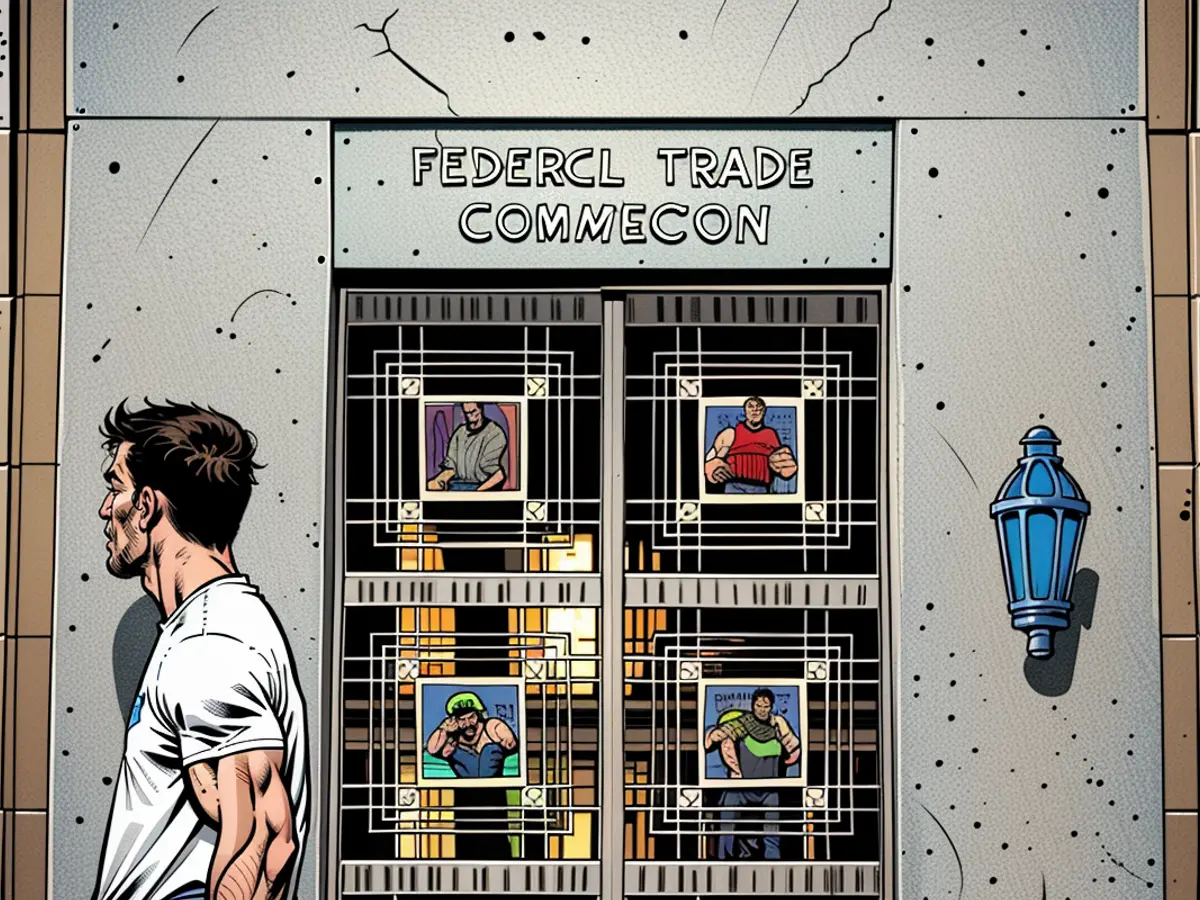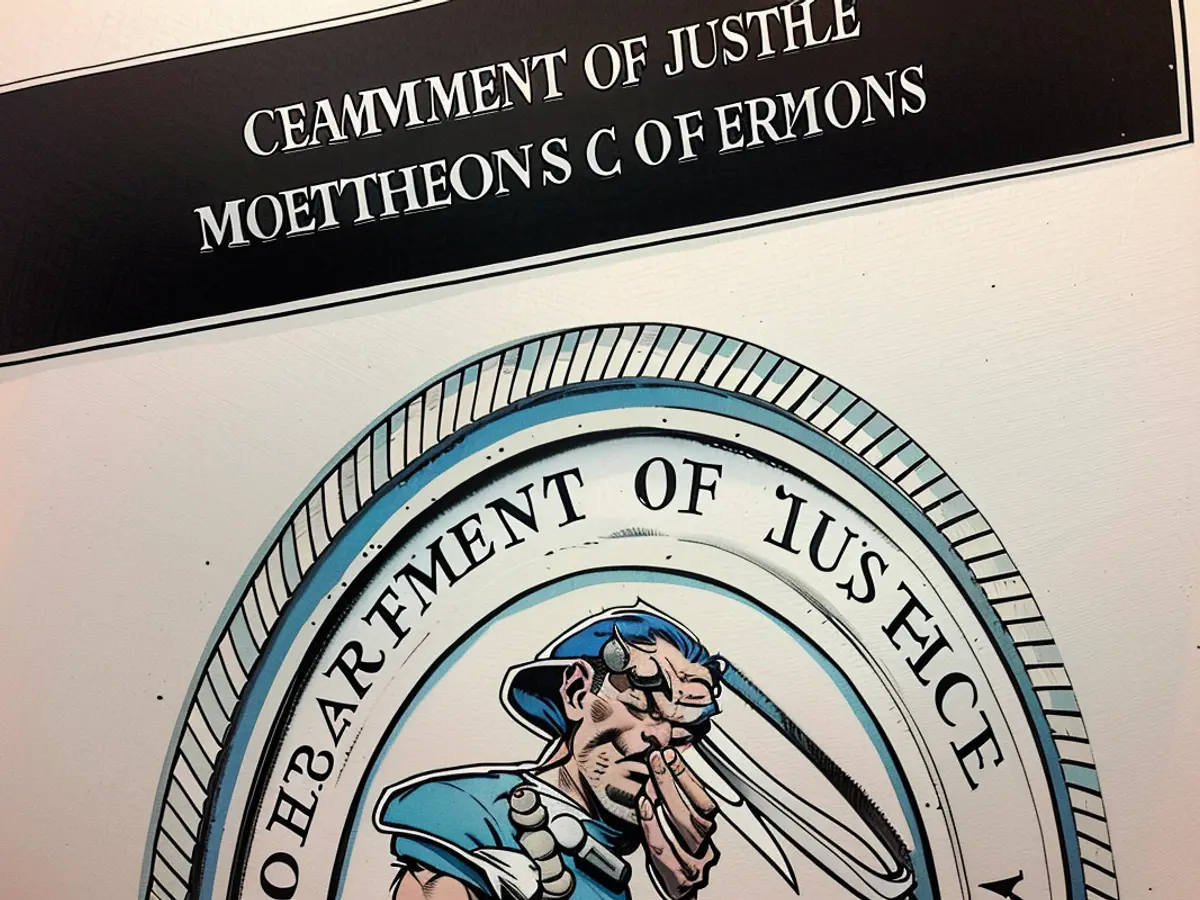A American judicial authority annuls the Biden administration's prohibition on employee 'noncompete' contracts.
U.S. District Judge Ada Brown in Dallas asserted that the Federal Trade Commission (FTC) lacks the legal power to prohibit practices deemed unfair methods of competition by establishing broad regulations.
Brown temporarily halted the rule in July as she deliberated over an appeal from the U.S. Chamber of Commerce and tax service firm Ryan to completely dismantle the regulation. The rule was slated to become active on September 4.
Brown also stated that even if the FTC had the capacity to enact this rule, it failed to produce convincing reasons for banning nearly all noncompete agreements.
"The Commission's absence of evidence as to why they opted for such a broad-reaching prohibition ... instead of focusing on eradicating specific, detrimental noncompetes, renders the Rule arbitrary and capricious," Brown, a Trump appointee, noted in her decision.
FTC spokesperson Victoria Graham expressed disappointment with the ruling and is considering a potential appeal.
"Today's decision does not prevent the FTC from addressing noncompetes through individual enforcement actions," Graham stated.
The U.S. Chamber of Commerce did not provide an immediate comment in response to a request.
The FTC, under Democratic control, adopted the ban on noncompete agreements in a 3-2 vote in May. Supporters of the rule claim that these agreements restrict fair competition, violate U.S. antitrust law, and stifle workers' wages and mobility.
Approximately 30 million people, or 20% of U.S. workers, have signed noncompetes, according to the FTC.
The FTC typically enacts rules targeting specific industries, such as requiring telemarketers to make certain disclosures or mandating fuel ratings to be displayed at gas stations. However, it is uncommon for the agency to issue bans on widespread business practices.
Business groups contend that Congress never intended for the FTC to have such extensive powers and that banning noncompetes will make it difficult to protect trade secrets and other confidential information.
Last week, a federal judge in Florida decided that the ban was likely unlawful and prevented it from being implemented for a real estate developer. However, a judge in Philadelphia reached the opposite conclusion in July, ruling that the FTC had valid reasons to deem noncompetes virtually never justified.
The FTC's decision to ban noncompete agreements, affecting 30 million workers, has caused controversy within the business community. They argue that the FTC lacks the authority to prohibit such widespread business practices.
Despite Brown's temporary halt, the FTC continues to express disappointment and considers appealing the ruling, as they believe noncompetes can be addressed through individual enforcement actions in business cases.








